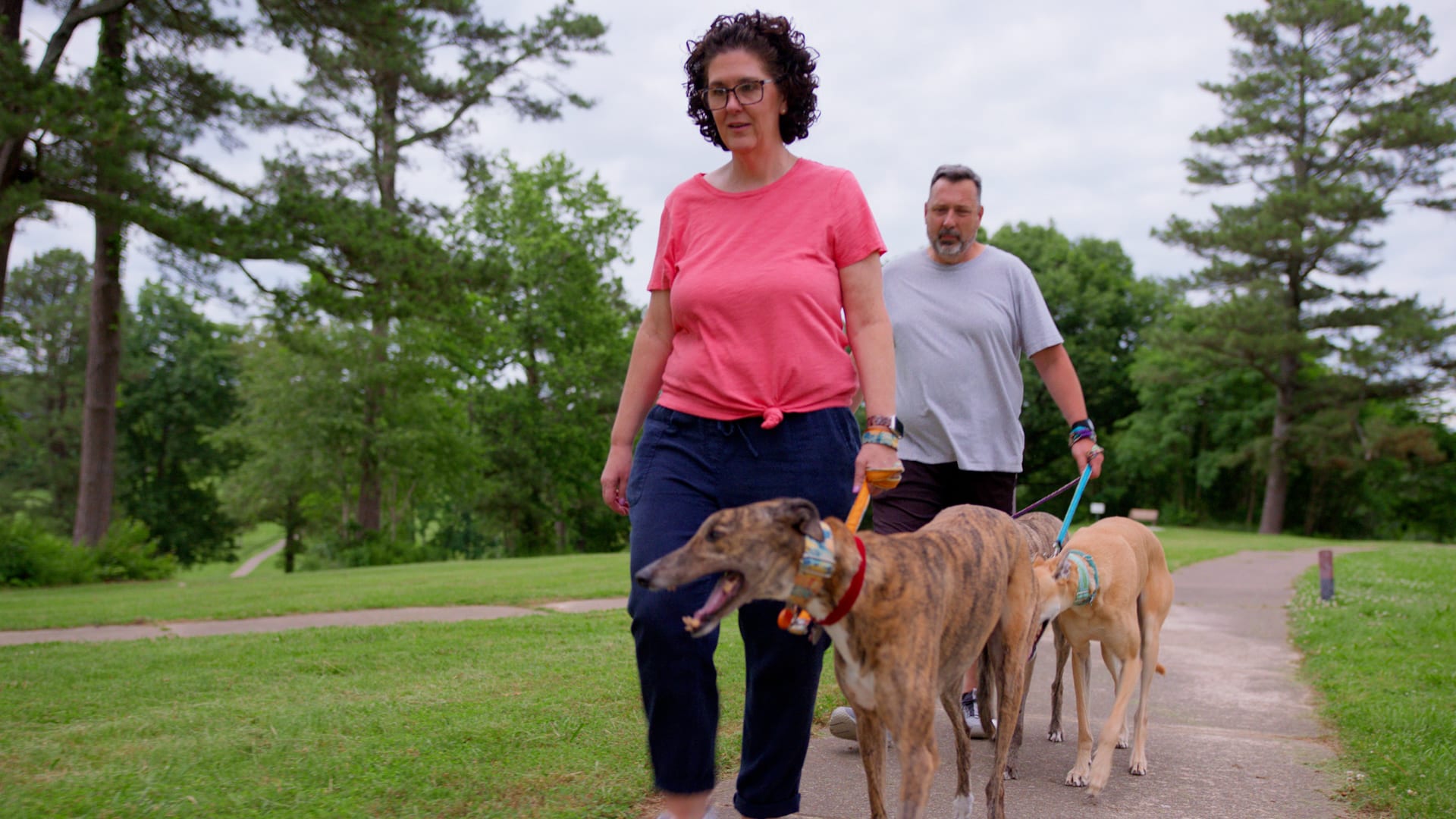How MRD Testing Supports Ovarian Cancer Patients: Holly’s Story
For many ovarian cancer patients, surgery is just one chapter in a longer journey. The possibility of recurrence remains real, and staying ahead of the disease calls for vigilant, personalized monitoring. That’s where Minimal Residual Disease (MRD) testing, like Signatera™, comes in. By detecting traces of cancer DNA in the blood, MRD testing helps patients and their care teams track cancer at the molecular level—often before symptoms or scans reveal changes.

One patient who has experienced the benefits of MRD testing firsthand is Holly. Holly Bahrenburg is a clear cell ovarian cancer survivor who uses Signatera™ for surveillance and peace of mind since her initial surgery.
The Role of MRD Testing in Ovarian Cancer Care
Shortly after Holly’s 50th birthday, she noticed that something wasn’t quite right. “I went to the emergency room at eight o’clock on a Wednesday morning - Friday morning I had a total abdominal hysterectomy. Pathology came back about a week later, and they found ovarian cancer.”
Holly Bahrenburg’s experience as a Stage Ia clear cell ovarian cancer survivor underscores the critical role that MRD (Minimal Residual Disease) testing plays in the realm of patient care. Diagnosed in 2023, Holly underwent surgery to remove the cancer and now uses Signatera™ for surveillance between scans. With Signatera™ MRD testing, Holly and her oncologist can monitor circulating tumor DNA (ctDNA) levels in her blood, enabling early detection of potential recurrences and informed decision-making regarding future treatment plans. Over time, regular MRD testing has given Holly a sense of control over her care. She feels empowered and equipped with knowledge to make informed decisions alongside her doctor, ensuring that any possible recurrence will be caught at the earliest stage.

Today, Holly channels her experience into supporting others through initiatives like the Ovarian Cancer Research Alliance (OCRA) as an advocate leader, promoting policies supporting ovarian cancer research, education, and patient care. She has participated in Advocacy Day events with Facing Our Risk of Cancer Empowered (FORCE), collaborating with fellow advocates to advance research and treatment options for ovarian cancer.
“Signatera™ gives me the power to go on with my life instead of constantly wondering ‘what-if,’” says Holly.
